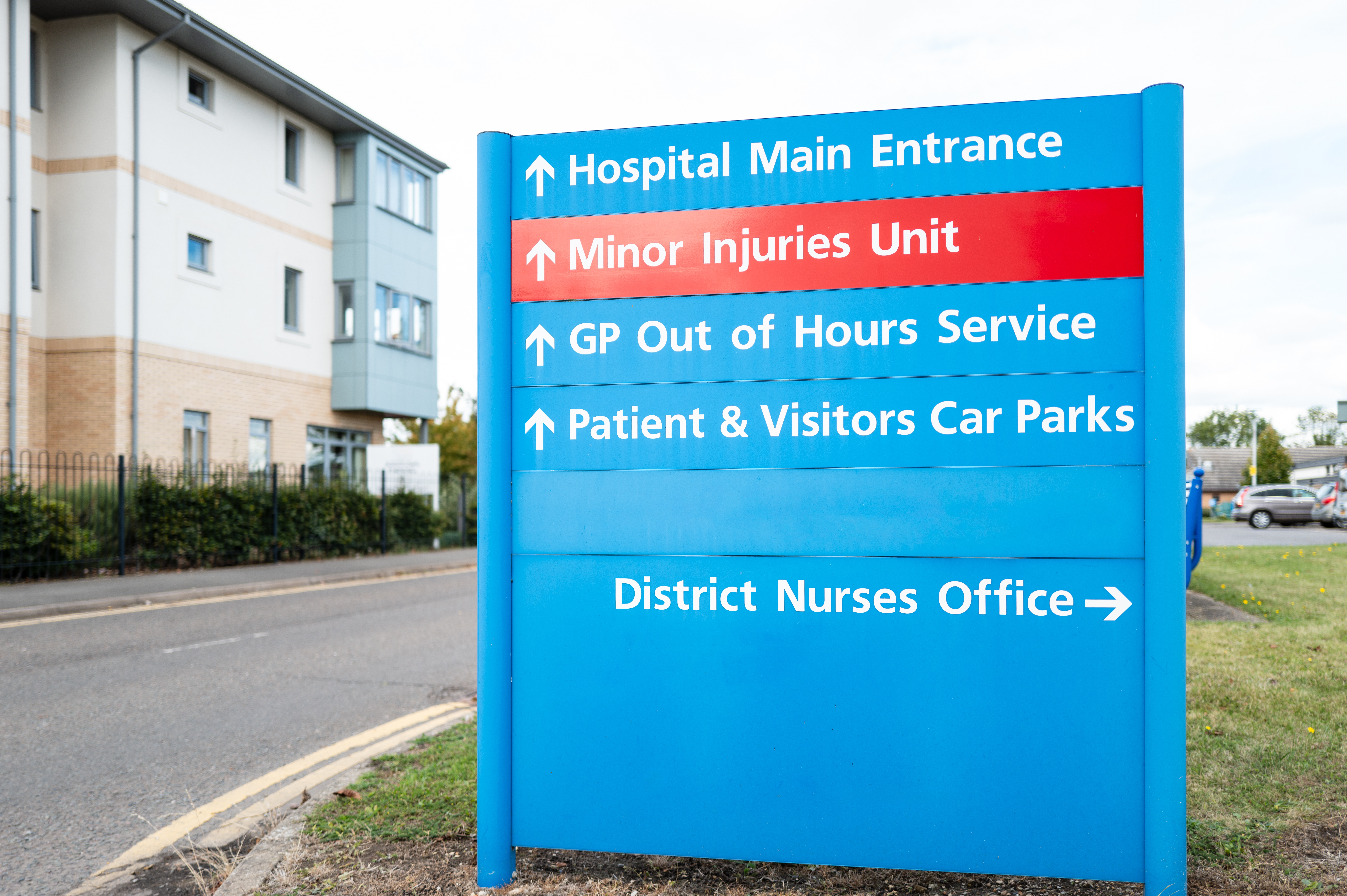By Jo Seery Professional Support Lawyer
& Matthew Rowlinson Employment Rights Lawyer
In a bid to improve NHS performance across England, Health Secretary Wes Streeting has announced new accountability measures that include league tables for NHS hospitals, targeted interventions, and the possibility of replacing underperforming managers. Speaking at the NHS Providers Conference in Liverpool, Streeting outlined plans for a "no-holds-barred" review of the NHS, aimed at highlighting areas in need of improvement and rewarding high-performing trusts with greater financial freedom.
The proposed reforms involve ranking hospitals based on service quality, care delivery, and financial management. The Department of Health and Social Care has stated that “turnaround teams” will be deployed to struggling NHS trusts, while trusts meeting performance targets will have more control over their budgets. A new pay framework will also be implemented, denying senior leaders pay increases if key improvement goals are not met, and introducing performance-based incentives to attract skilled managers to troubled trusts.
A key element of the reforms will be the creation of a college dedicated to training NHS managers, ensuring leadership quality and providing the tools necessary for improving patient care. The review also aims to address concerns over excessive spending on agency staff, with some agencies reportedly charging up to £2,000 for a single shift. As a measure to mitigate these costs, struggling trusts may face restrictions on agency staff usage.
Amanda Pritchard, NHS Chief Executive, welcomed the reforms as an opportunity for empowered leadership, while patient advocates such as the Patients Association have emphasised that any increased funding must focus on reducing waiting times and enhancing the patient experience.
Concerns have been raised that excessive reliance on league tables could lead to counterproductive "naming and shaming" of hospitals already under intense pressure. Dr. Adrian Boyle, President of the Royal College of Emergency Medicine, has cautioned that the reforms risk demoralising staff and potentially increasing turnover in struggling areas. Similarly, Matthew Taylor, Chief Executive of the NHS Confederation, has stressed that factors beyond local leaders' control should be considered when determining performance metrics.



